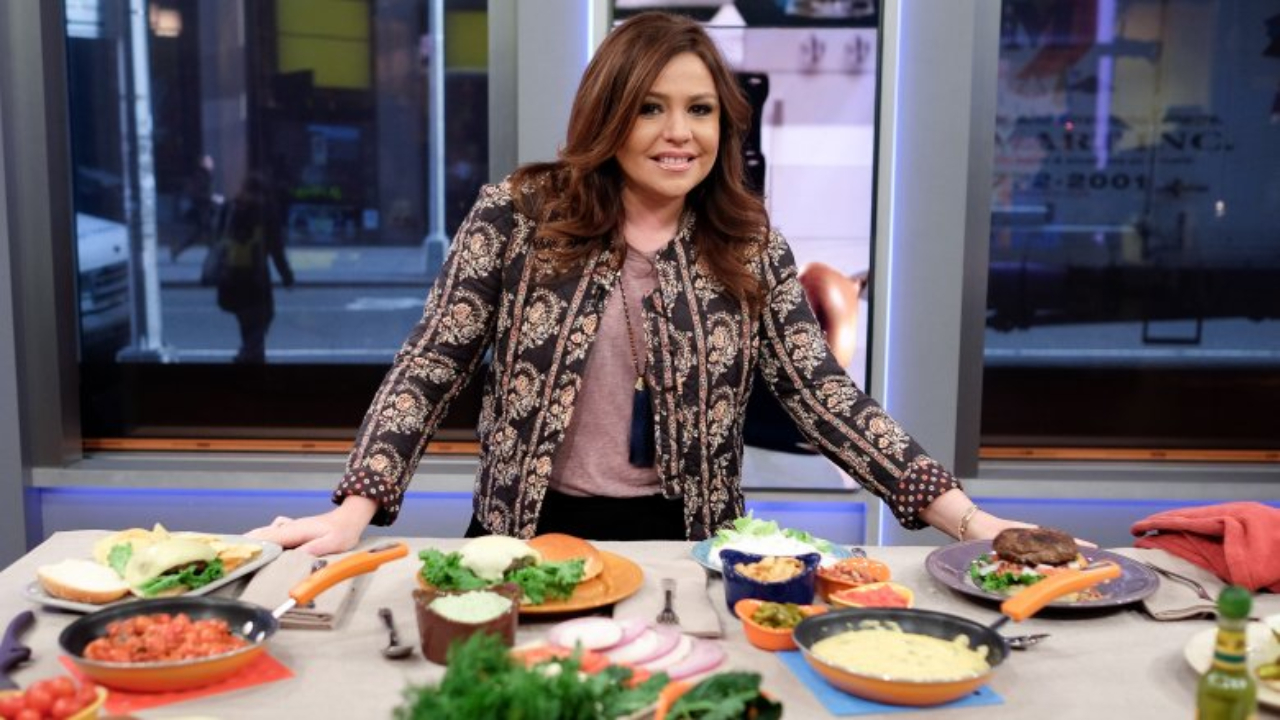Introduction
In the world of culinary entertainment, television chefs have become influential figures, captivating audiences with their cooking skills and engaging personalities. It’s not uncommon to notice that some famous TV chefs often share almost identical recipes. This phenomenon raises the question: Why do these renowned chefs seem to produce similar dishes? In this article, we delve into the reasons behind this culinary trend and explore the various factors that contribute to the similarity of recipes among famous TV chefs.
The Rise of TV Chefs
1. The Emergence of Celebrity Chefs
TV chefs have risen to stardom over the years, transforming from mere cooks to beloved personalities. These chefs have become household names, celebrated for their culinary expertise and their ability to connect with viewers. With their own television shows and widespread media presence, they have become influencers in the world of food.
2. The Influence of TV Cooking Shows
The popularity of TV cooking shows cannot be underestimated. These shows, broadcasted to millions of viewers worldwide, have become a staple in modern entertainment. As viewers tune in to watch their favorite chefs whip up delectable dishes, they often seek recipes that replicate the meals they see on screen. This demand for recipes creates an opportunity for chefs to share their culinary creations with a wider audience.
The Need for Consistency
1. Recipe Standardization
One reason why famous TV chefs have similar recipes is the need for consistency. These chefs often aim to deliver a reliable and consistent experience for their audience. By providing recipes that produce similar results, they ensure that viewers can recreate the dishes accurately, maintaining the reputation and reliability of their brand.
2. Maintaining Brand Identity
Famous TV chefs often have a distinct culinary style that sets them apart. By sharing similar recipes, they reinforce their brand identity and maintain a consistent image. This consistency helps build trust and familiarity with the audience, who associate these chefs with specific flavors, techniques, and presentation styles.
Building Trust and Familiarity
1. Creating a Signature Style
TV chefs understand the importance of establishing a unique identity. They often develop a signature style that resonates with viewers. By sharing recipes with similar elements, such as common ingredients or cooking techniques, they reinforce their brand and allow fans to easily identify their dishes.
2. Reinforcing Viewer Loyalty
Viewers develop a sense of loyalty to their favorite TV chefs. When chefs share similar recipes, it creates a sense of comfort and familiarity for the audience. Fans know what to expect and can rely on their beloved chef to deliver dishes that align with their preferences. This reinforcement of trust and loyalty strengthens the connection between chefs and their viewers.
Recipe Adaptation and Personalization
1. Tailoring Recipes to Audience Preferences
While famous TV chefs may have similar recipes, they often adapt them to suit their target audience. They consider factors such as regional preferences, dietary restrictions, or cultural influences. This customization ensures that the dishes resonate with viewers from different backgrounds, enhancing the relatability of their cooking.
2. Incorporating Regional or Cultural Influences
TV chefs also incorporate regional or cultural influences into their recipes, giving them a unique twist. By adding a personal touch or infusing local flavors, they create dishes that reflect their own culinary experiences and resonate with viewers who share a similar background or appreciation for diverse cuisines.
Replicating Success
1. Leveraging Proven Formulas
Famous TV chefs understand what works well with their audience. They have honed their recipes and techniques through experience, knowing what flavors and presentations resonate with viewers. By sharing similar recipes, they leverage proven formulas that have garnered positive feedback in the past, ensuring continued success and audience satisfaction.
2. Meeting Audience Expectations
Viewers often have certain expectations from their favorite TV chefs. By sharing recipes that align with their established brand and style, chefs meet these expectations and deliver the content their audience desires. Straying too far from these expectations may risk disappointing or alienating viewers, which can be detrimental to their success.
The Business of TV Cooking
1. Licensing and Merchandising Opportunities
TV chefs with similar recipes capitalize on licensing and merchandising opportunities. Their recipes, which have gained popularity and recognition, become valuable assets. Chefs may publish cookbooks, release branded kitchenware, or collaborate with food brands to further monetize their success. By sharing similar recipes, they create a market for their products and expand their reach.
2. Capitalizing on Brand Recognition
Chefs with similar recipes benefit from the recognition and association that their brand has built. By consistently delivering dishes that are in line with their established style, they reinforce their position as experts in their field. This recognition opens doors to collaborations, endorsements, and other lucrative opportunities that contribute to their overall success.
Critics and Controversies
1. Accusations of Plagiarism
Famous TV chefs who share similar recipes often face accusations of plagiarism. The culinary world can be fiercely competitive, and accusations of copying or imitating recipes can damage a chef’s reputation. While some similarities may arise from shared culinary traditions or trends, it is crucial for chefs to balance creativity and originality to maintain their credibility.
2. Balancing Creativity and Originality
Chefs walk a fine line between innovation and repetition. While it’s natural for culinary influences to seep into recipes, chefs must strive to infuse their creations with their own unique flair. By experimenting with new flavors, techniques, or presentations, they can push the boundaries of their culinary expertise and maintain their creative edge.
Conclusion
In the world of famous TV chefs, it is not uncommon to find almost identical recipes. This phenomenon can be attributed to various factors, including the need for consistency, building trust and familiarity, recipe adaptation, replicating success, and the business aspects of TV cooking. While similarities exist, chefs must balance originality and creativity to avoid accusations of plagiarism and maintain their reputation. Ultimately, the shared recipes among famous TV chefs offer viewers a sense of comfort, trust, and the opportunity to recreate their favorite dishes at home.








